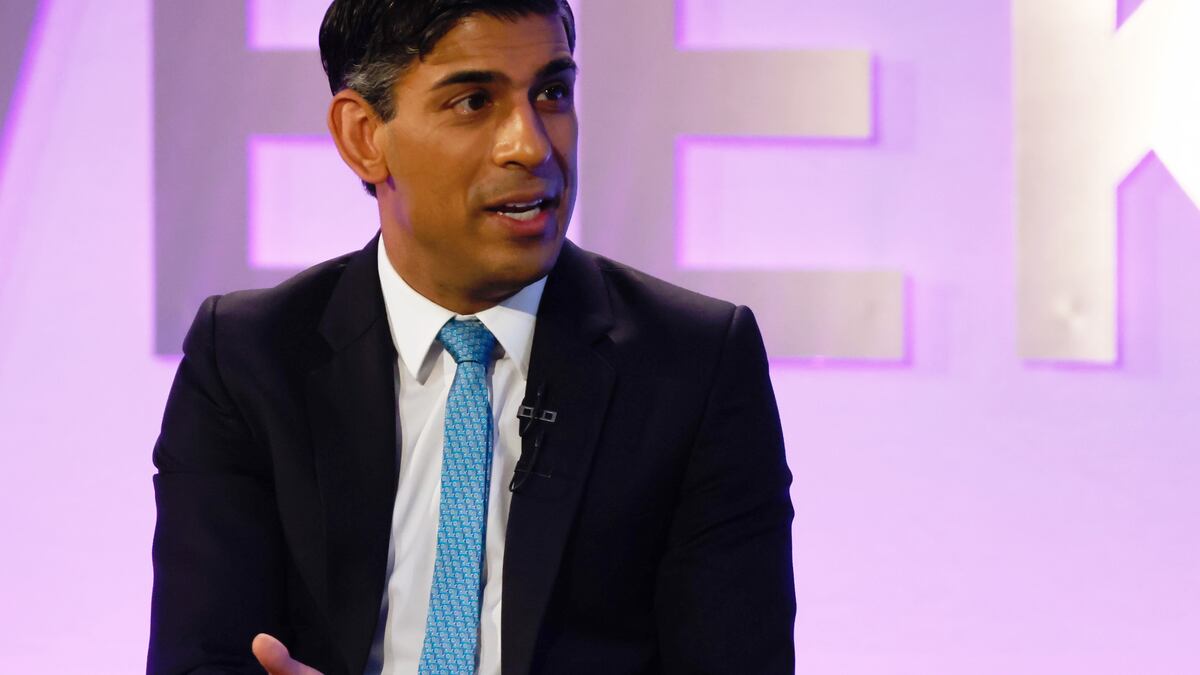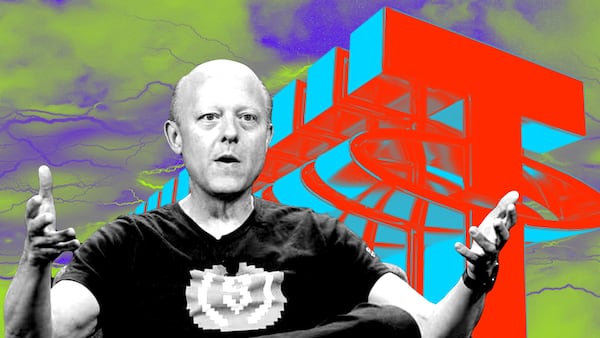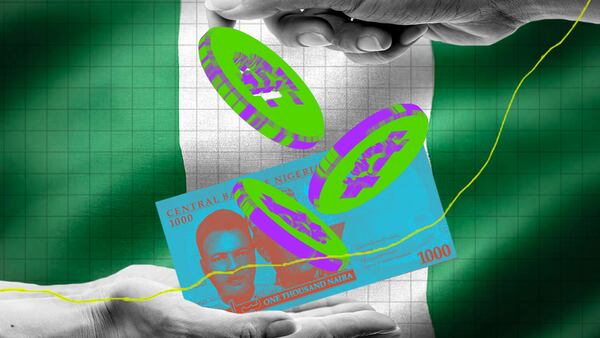- The Bank of England and FCA have published their blueprints for stablecoin regulation.
- They bank and the finance watchdog will share oversight of how these assets are used in payments.
- But what do industry observers want to see in the rules?
Andrew Bailey said stablecoins could make payments faster, cheaper, and more efficient, but digital assets need to be safe for consumers to use.
The Bank of England governor’s comments came amid the BoE’s and Financial Conduct Authority’s blueprint for regulations that would dictate how stablecoins are used in payments.
Under the plan, the BoE will regulate stablecoins that are could pose risks to the stability of the financial system. The FCA will regulate fiat-backed stablecoins issued in the UK, and authorise issuers outside of the UK.
I asked industry observers what they want to see from UK stablecoin regulation.
Jannah Patchay, policy lead at the Digital Pound Foundation, said stablecoin rules should “pave the way for regulated stablecoins and digital settlement assets to become an accepted means of payment and settlement alongside other public and private forms of digital money — including central bank digital currencies, tokenised deposits and existing forms of money — and preserve the singleness and uniformity of money.”
For those who, like Patchay, think these assets could revolutionise payments, it should be encouraging that the government is tackling these asset before it implements the broader regulation.
That phased approach indicates the Treasury recognises that potential.
Nathan Catania, a partner at XReg Consulting, wonders how international players will choose to access the UK once the stablecoin regime kicks in.
The Treasury said it wants to accommodate overseas firms, but they’ll have to meet the high bar for consumer protection set by the Financial Conduct Authority.
If a firm has to jump through those hoops anyway, it might as well establish a branch in the UK rather than trying to access the market from overseas, Catania said.
“It may just be a case of, ‘Let’s establish in the UK and service the UK market from a UK entity.’ That could be one of the big impacts from these rules,” he said.
International stablecoin issuers may find it difficult to meet the standards the UK government will set.
Regulatory efforts always focus on redemptions. And regulators worry that Tether, the world’s largest stablecoin issuer, can’t prove that it’s setting aside enough dollars to back its USDT token.
John Salmon, a partner at Hogan Lovells who leads the firm’s digital assets and blockchain practice, said it was helpful that the Treasury has distinguished between electronic money, tokenised deposits, and fiat-backed stablecoins.
“It will be crucial for the forthcoming legislation to provide clarity on the separation in the legal definition of such products, and the relevant regulatory perimeters,” Salmon said.
“For example, how the new rules, which are expected to focus on regulating fiat-backed stablecoins from primarily a payments perspective, will apply where tokenised deposits may also be used to settle payment obligations.”
Catania agreed.
“A fiat-backed stablecoin is its own thing, it’s a different type of asset. They’re looking at the asset and assessing what they do and how they work,” he said.
Stablecoins come with their own kinds of risk — they trade on exchanges and can be volatile, even trading higher than the assets to which they’re pegged. E-money, on the other hand, is just a digital representation of a fiat currency, and doesn’t have a volatility issue.
Email the author at joanna@dlnews.com, or Telegram @joannallama









